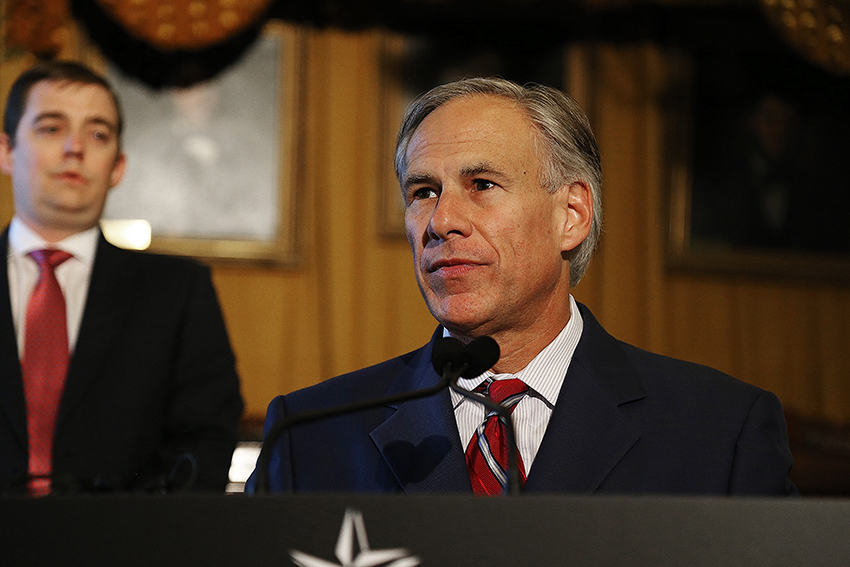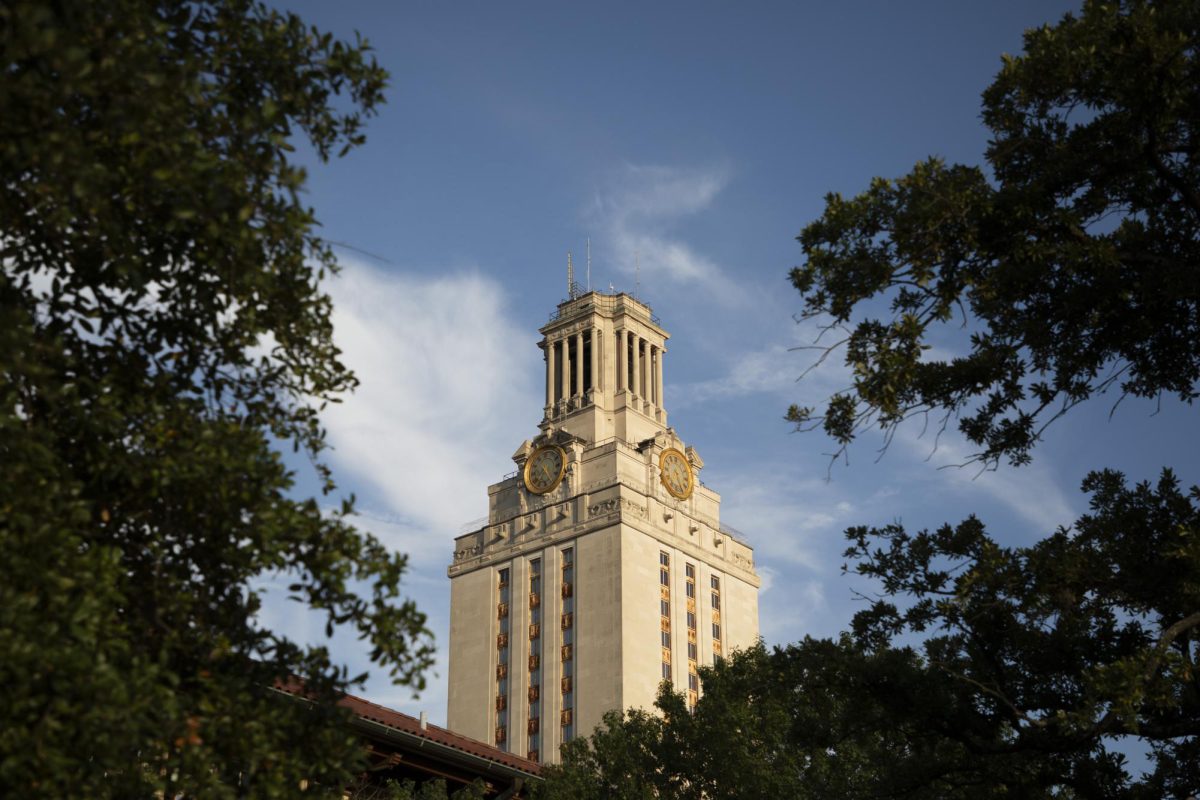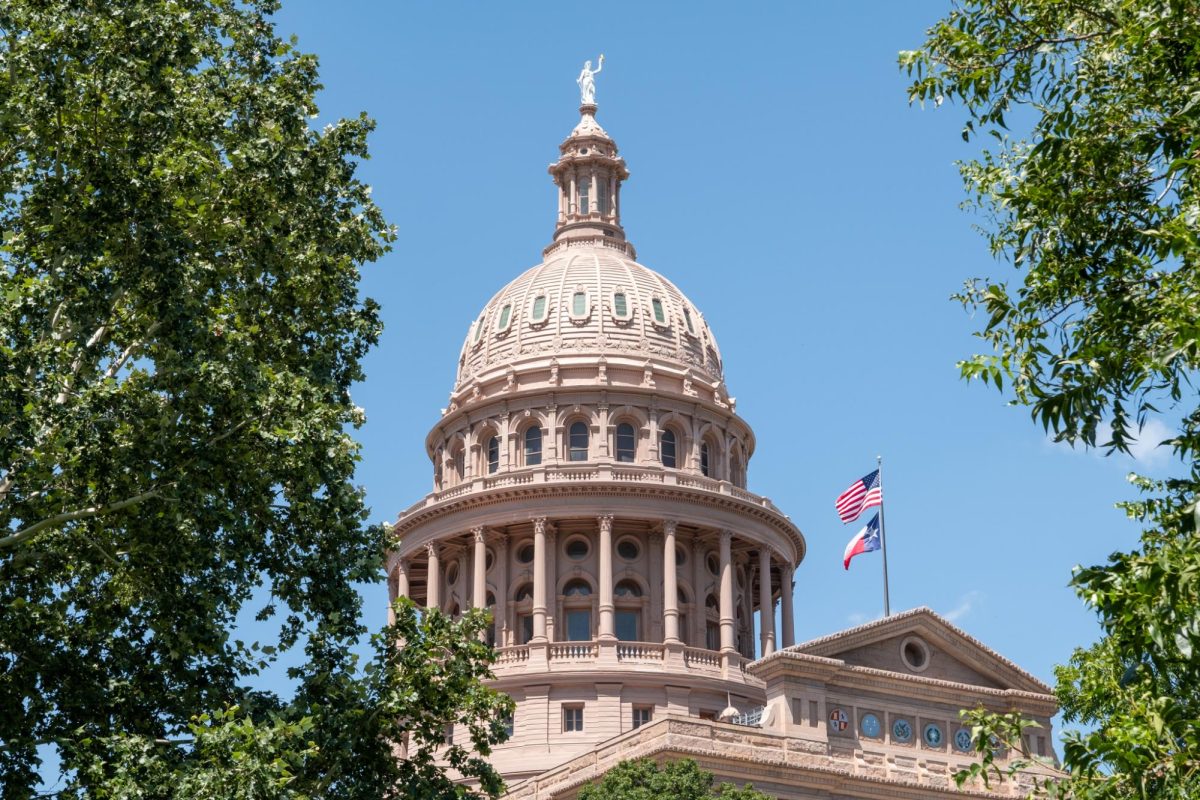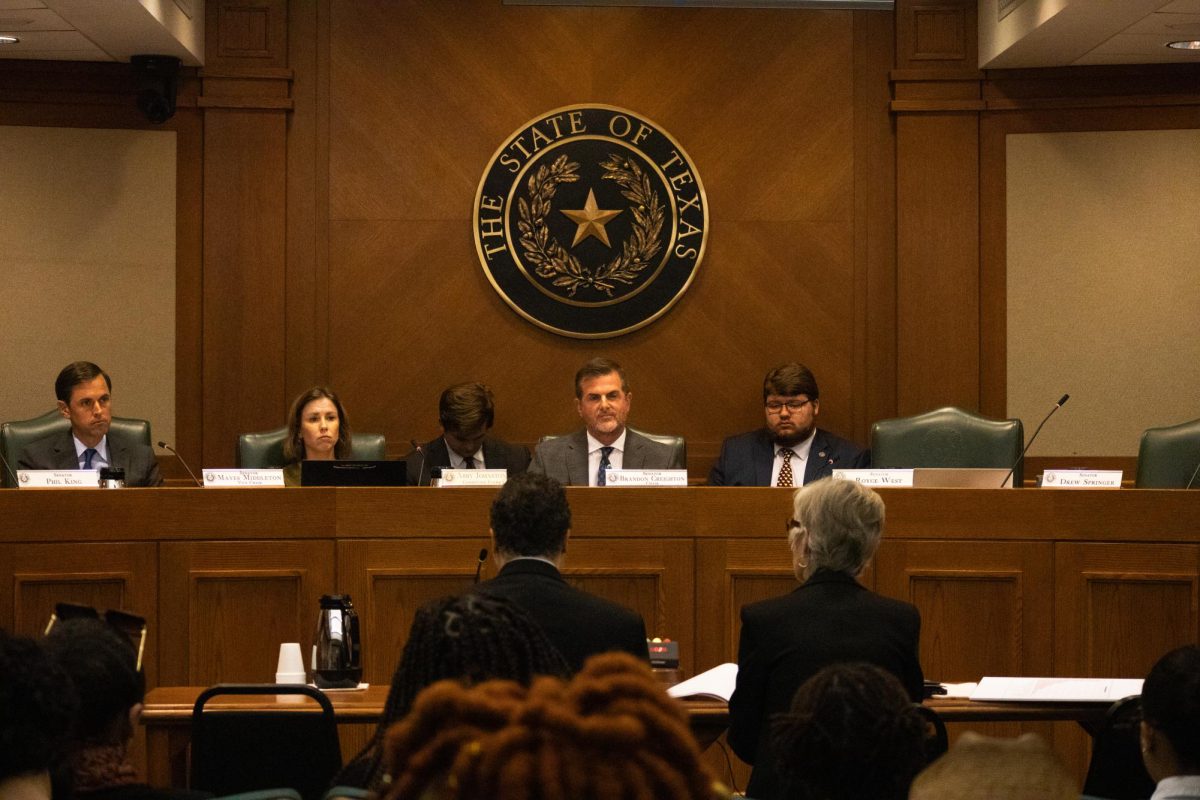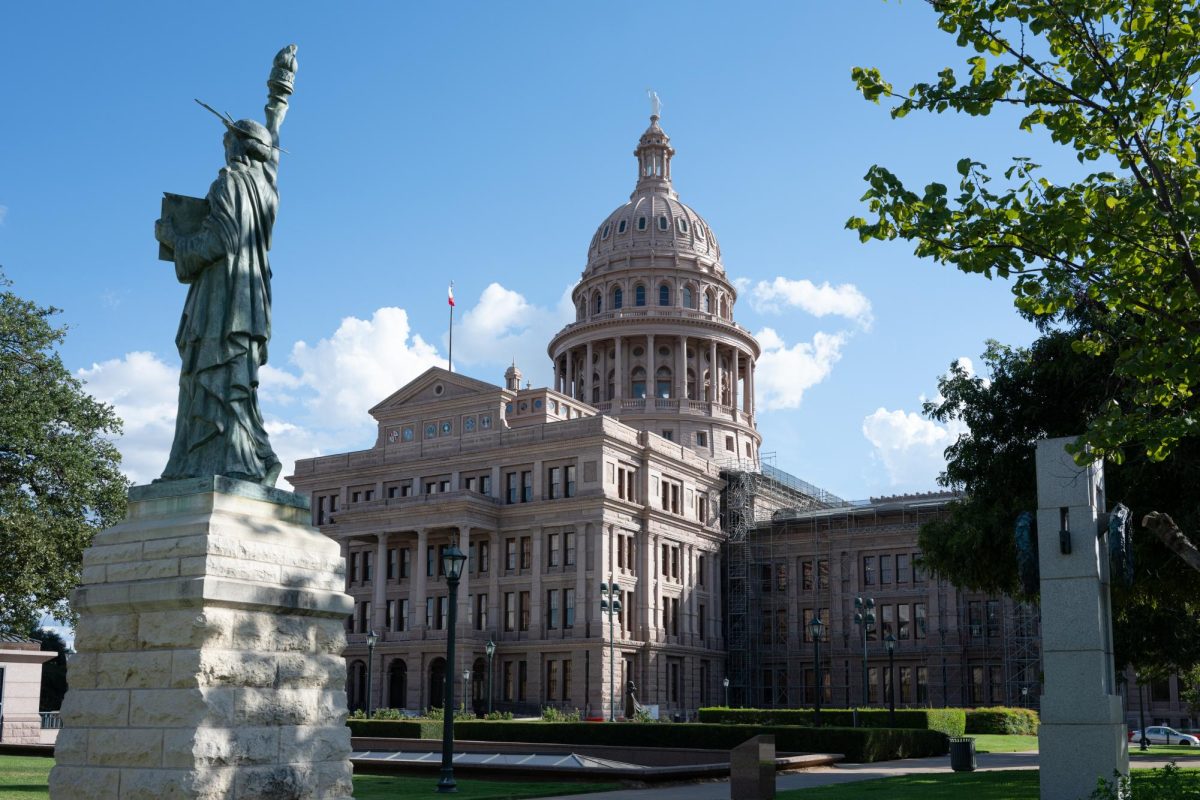On Friday, the Trump administration weighed in on Texas’ immigration enforcement litigation, siding with the state of Texas.
The recently passed Senate Bill 4, commonly known as the “sanctuary cities bill,” includes a section that would allow police officers to ask someone’s immigration status once lawful contact with the police has been made.
After Gov. Greg Abbott signed the bill, officials from the city of El Cenizo, Maverick County and the League of United Latin American Citizens filed a lawsuit questioning the constitutionality of the new law.
Since then, several other cities and municipalities have joined in on the lawsuit, including Austin, Dallas, San Antonio and, most recently, Houston.
The U.S. Department of Justice said in a statement that the bill is in accordance with the Constitution and Texas has admirably followed President Donald Trump’s lead to make America safe “by mandating state-wide cooperation with federal immigration laws that require the removal of illegal aliens who have committed crimes.”
“The Department of Justice fully supports Texas’s effort and is participating in this lawsuit because of the strong federal interest in facilitating the state and local cooperation that is critical in enforcing our nation’s immigration laws,” U.S. Attorney General Jeff Sessions said in a statement.
Texas Attorney General Ken Paxton thanked the DOJ for their assistance in defending SB 4 and the Trump administration for their dedication to upholding the Constitution and the rule of law.
“Enforcing immigration law helps prevent dangerous criminals from being released into our communities,” Paxton said in a statement. “We look forward to working with DOJ lawyers to see that Senate Bill 4 is fully honored in Texas.”
However, opponents of the bill say this will lead to increased racial profiling of the Latino community. While announcing the city’s plans to join the SB 4 lawsuit, Austin mayor Steve Adler said the bill threatens the safety of Austin residents.
“We want our day in court because for far too long the Texas Legislature has been playing political football with the safety of our city, and now we get to move to a different forum,” Adler said. “One of the main impetuses behind the city filing suit is the keen and earnest desire to keep this community safe.”
U.S. District Court Judge Orlando Garcia will rule on an injunction to keep the law from going into effect throughout the legal proceeds during a June 26 hearing in San Antonio. Otherwise, the law goes into effect Sept. 1.

